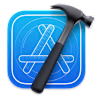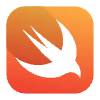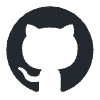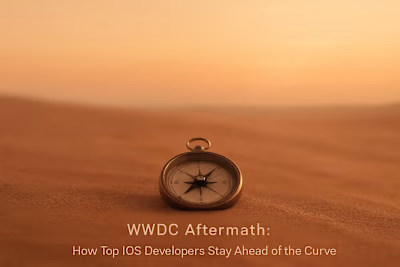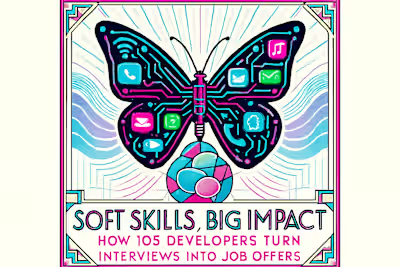Community Counts: Why Networking Unlocks Your Potential as an iOS Developer
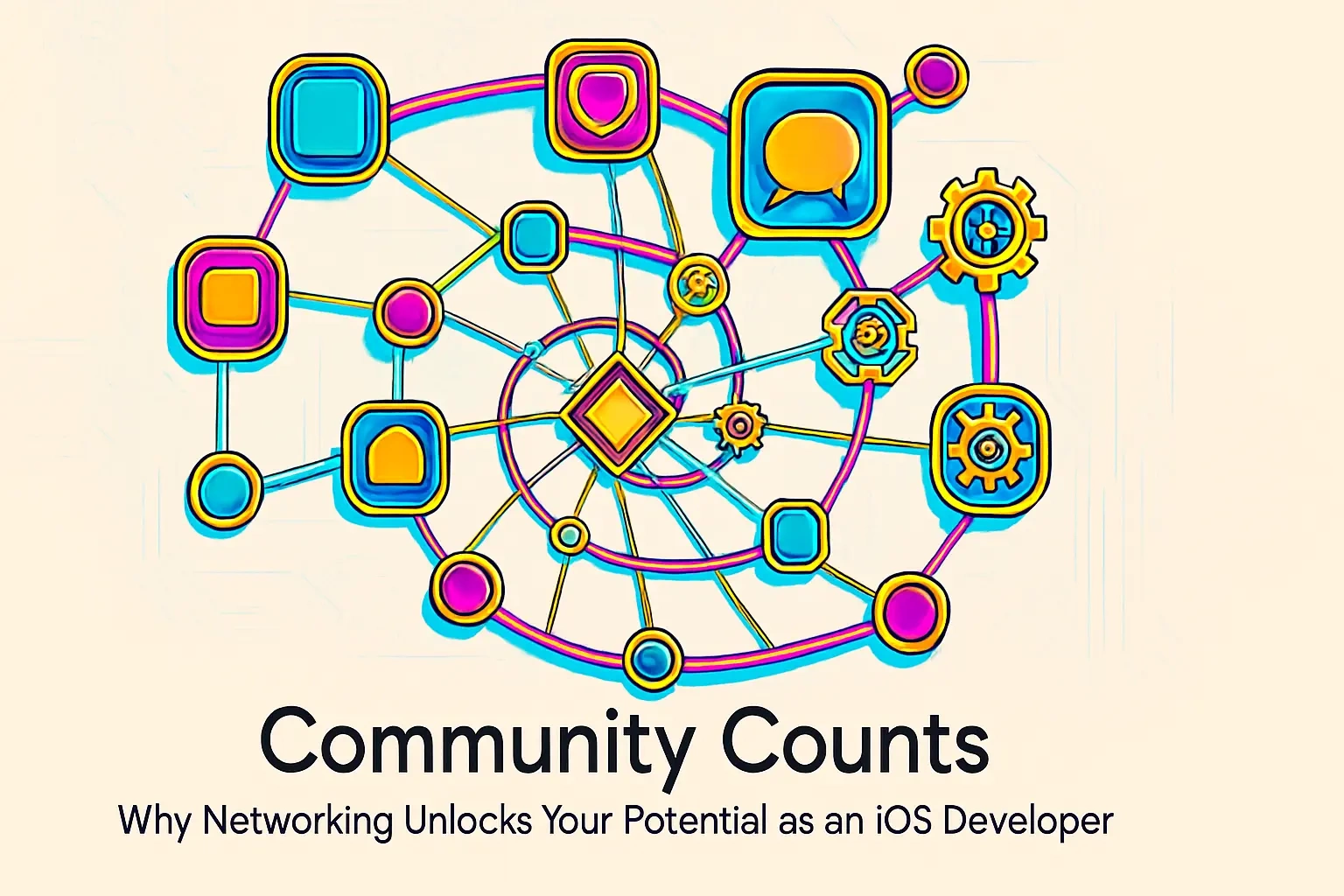
Community Counts: Why Networking Unlocks Your Potential as an iOS Developer
The Tangible Benefits of a Strong Developer Network
Accelerated Learning Through Peer Support
Uncovering Hidden Job and Freelance Opportunities
Finding Mentors and Mentees
Where to Find Your Tribe: Online and In-Person
Navigating Online Platforms: Slack, Discord, and GitHub
The Value of Face-to-Face: Meetups and Conferences
The Etiquette of Effective Networking
From Participant to Pillar: Giving Back to the Community
Answering Questions and Sharing Your Knowledge
Organizing or Speaking at Local Events
Conclusion
References
Community Counts: Why Networking Unlocks Your Potential as an iOS Developer
The Tangible Benefits of a Strong Developer Network
Accelerated Learning Through Peer Support
Uncovering Hidden Job and Freelance Opportunities
Finding Mentors and Mentees
Where to Find Your Tribe: Online and In-Person
Navigating Online Platforms: Slack, Discord, and GitHub
The Value of Face-to-Face: Meetups and Conferences
The Etiquette of Effective Networking
From Participant to Pillar: Giving Back to the Community
Answering Questions and Sharing Your Knowledge
Organizing or Speaking at Local Events
Conclusion
References
Posted Jul 6, 2025
Don't code in a vacuum. Learn how networking with other iOS developers can accelerate your learning, uncover hidden opportunities, and provide crucial support throughout your career.

